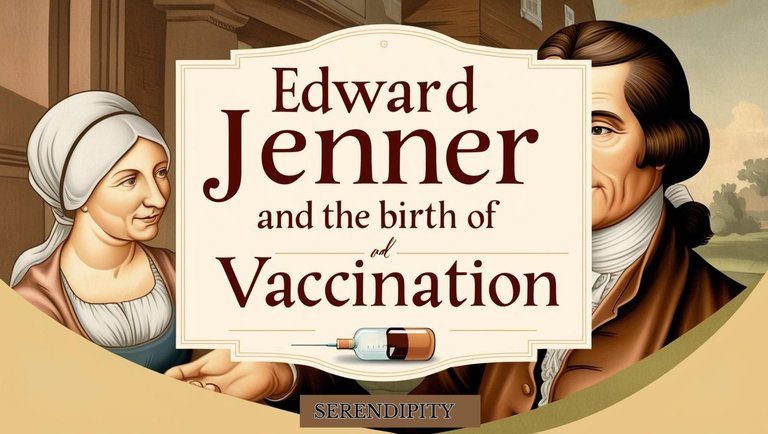
Did you know?
The entire concept of vaccines started with a humble milkmaid and a boy named James Phipps? Milkmaids are the equivalent of a person who works on a farm and is responsible for caring for dairy cows and collecting their milk. If we trace the origins of vaccines we will always end up at the doorstep of Edward Jenner back in 1796, the father of immunology.
At that time, smallpox was a devastating disease, claiming countless lives. However, Jenner noticed something curious: milkmaids who had previously contracted cowpox (a far milder disease) seemed to be immune to smallpox. Fascinated by this, Jenner formulated a theory that exposure to cowpox could protect against smallpox.
To test his idea, Jenner turned to Sarah Nelmes, a milkmaid with a fresh cowpox sore. He carefully collected material from the sore and used it to inoculate an 8-year-old boy named James Phipps. The result? James developed a mild case of cowpox and recovered completely. But here’s where it gets interesting: Jenner later exposed James to smallpox, and the boy remained healthy. The vaccine worked!
This ground-breaking experiment marked the birth of vaccination, a term derived from "vacca," the Latin word for cow. Jenner’s work not only revolutionized medicine but also paved the way for the eventual eradication of smallpox—a feat officially declared by the World Health Organization in 1980.
Jenner’s approach might sound unconventional (and ethically questionable by today’s standards), but his pioneering spirit saved millions of lives and laid the foundation for the vaccines we rely on today.
Fun Fact: Jenner’s work was so impactful that he became known as the "father of immunology," and his methods inspired generations of scientists to fight infectious diseases.
A "ground-breaking experiment" but hardly in compliance with today´s ethical principles :)
Hahaha
So much's changed over the years. Grateful for progress in medicine... That's why people live a lot longer today than they did in those times.